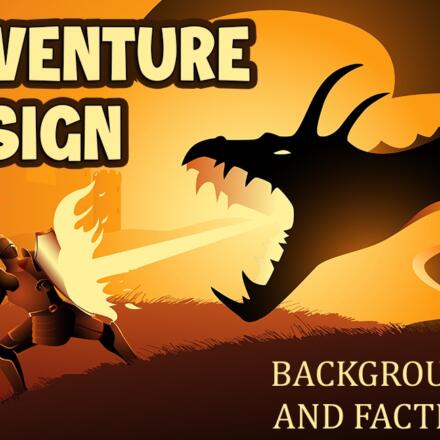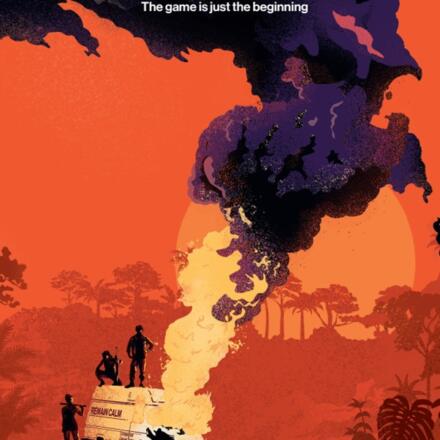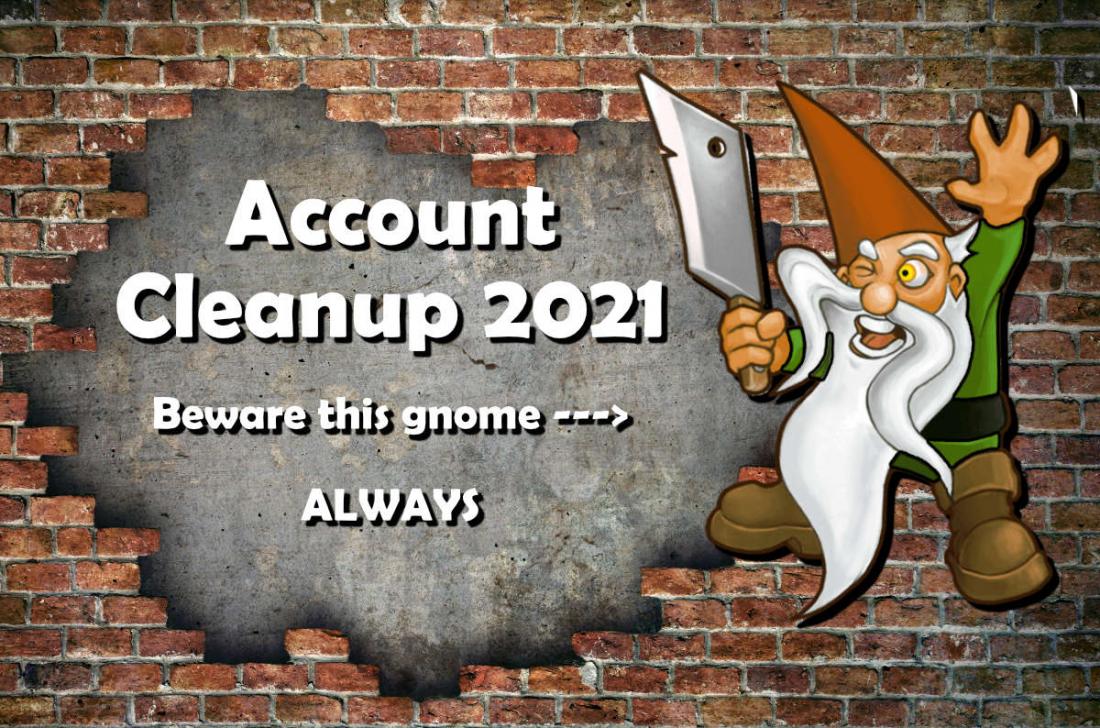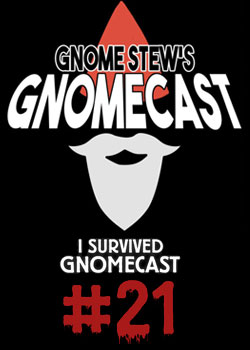As the year winds to a close, I took some time to reflect on some of the lessons I learned this year. I was fortunate enough, this year, to run four separate campaigns, two of which were completed during the latter half of the year, and two more that continue into the next year. I also had a chance to play in a campaign that has lasted most of the year. Finally, sprinkle in a few one-shots, some I ran, and some I played. It was a good year of gaming.
On average, I had 2-3 games in a week. I spent some time every week, prepping for one or more games. All of that time, playing and prepping, gave me a lot to reflect upon. Some of these lessons are new and others are ones that I re-learned.
I wanted to share the five most important…
Prep will only get you so far
I am sometimes known as the “prep guy”, and this year I did a lot of prep, so I feel like I can keep that moniker. But the best moments of the games I ran were not solely because of my prep, it was because of the players taking what I put out at the table, and adding to it.
Many of those best moments are a mix of things I prepped for and some of those things spontaneously arose at the table. The constant between them was our group (GM and Players). The best parts of gaming happen at the table when the GM and players are interacting.
What I learned was that my best prep, and I assure you, it’s pretty damn good prep, will produce at best a “good” session, if the players are dead fish. The only way to get from good to great is through playing the game at the table.
When the end of the campaign is near, don’t drag it out
In both of my campaigns that finished this year, there was a moment where I thought I could stretch this ending out into a few more stories. Not that I necessarily wanted to stretch the game out to pad how many sessions we played, but rather I saw the potential for the conclusion of the campaign to occur across several stories.
When I talked to the players, what I learned was that they were ready for the conclusion of the campaign. Their characters had traversed the power curve, they had done great things, and their stories were near the end. So rather than drag out more sessions, I found ways to streamline the plots, for both campaigns and bring both games to satisfying conclusions.
I learned that you don’t have to pace the end of the campaign at the same speed the rest of the campaign was paced. In fact, the proper pacing is more like this:
Beginning (fast) — Middle (slow) — Ending (fast)
This structure gets the campaign started quickly, allows you to build tension and develop characters in the middle, and then bring it to a conclusion in an orderly manner. I will be thinking about this more next year.
APs are both fun and tiring
This year, I was the GM for the Children of the Shroud AP over on the Misdirected Mark network [LINK]. It was the first time I had GM-ed an AP. While I have GMed many games for many folks, running an AP is different. It is more of a performance, than running convention games for strangers. GMs have a multitude of activities they have to juggle while running a game, and APs require you to add in performing as another task.
Performing takes on several things. It is speaking clearly, and sometimes doing more than one take, because you were rambling as you synthesized an idea. It is narrating for the listeners what things are on the table, how you are building your dice pool, etc.
For me, performing is draining, but running Children of the Shroud was also energizing, in a way that they nearly cancel each other out. I will likely do another AP in the future, but it is not my calling.
Long-form play is satisfying
Before Covid, I was more of a short-campaign kind of GM. If a campaign made it to six months, that was considered a success. But lately, my campaigns have been much longer, and with it, I am learning more about long-form play.
I learned that you have more room to build a complex campaign arc, one that is made up of smaller arcs. Each smaller arc builds up to a larger discovery or goal. Also, in longer games your ability to callback upon previous material is much larger in both the opportunities you have to callback as well as the amount of material you can draw upon.
With that there is a bit more campaign management you need to do to build those smaller arcs and have them roll up nicely into a larger plot. You also have to have a good way to manage all the information from your sessions so that you can draw upon it during prep, and in play.
All systems have gaps and you need to fill them in
I learned this lesson twice, this year. The first time was with Cortex Prime. Three of my campaigns, this year, were run in Cortex, and each of them was different, based on the Prime Sets and Mods selected. There were times when there wasn’t a rule for something I was prepping or something that came up at the table. In those cases, I either made something up for my prep, or the table worked out how we wanted to solve the problem in play.
At the end of the year, I started a Cyberpunk: Red campaign, and while I think the CPR rules are a nice update from the Cyberpunk 2020 rules, things are missing in the rules that I want, and I am planning on rolling out some house rules for the game, just to fill in some mechanics I like to have in all my games, that are missing.
That is ok. Everyone can be a game designer, and you are free to come up with your own rules and house rules for the games you run. As long as the group is ok with the rules, then you are having “right-good-fun”.
And with that the 2023 season comes to an end
2023 was an amazing year of gaming for me, and I suspect when I look back on it, years from now, it will be one of the best years I have had. For sure, it was the year I ran one of my top 5 campaigns of all time. It was the year I ran my first AP. It is also the first time I have run multiple campaigns, at the same time, that spanned more than a year.
How about you? How was your year in gaming? What did you learn this year?

















One thing I learned this year was:
Sometimes… Rollercoastering your players is okay.
Usually I try to give my players as much freedom as I can but this year we had some sessions where I noticed that my players just wanted to relax and be taken on an adventure without thinking too much. Often life can be very taxing and RPG sessions can also be very challenging at some point so we sometimes switch between the settings like we see fit. We basically have one scenario that is very complex where the players can do as they please and one that has more of a storyteller vibe where they choose in which direction the game goes like a Telltale game and most of the time just listen.